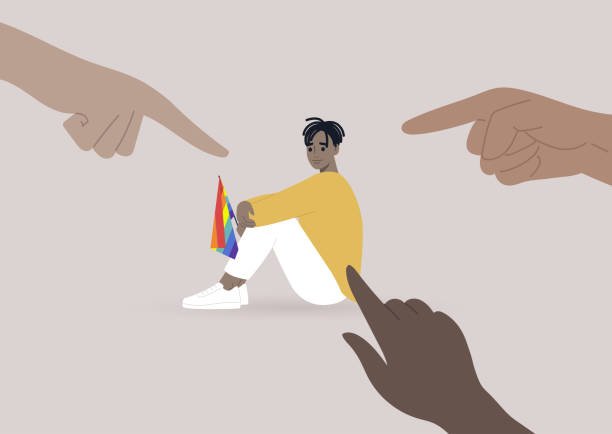Four Reasons Why Homophobia Should Be Addressed
Skip to content
Skip to footer
Four Reasons Why Homophobia Should Be Addressed
Four Reasons Why Homophobia Should Be Addressed

